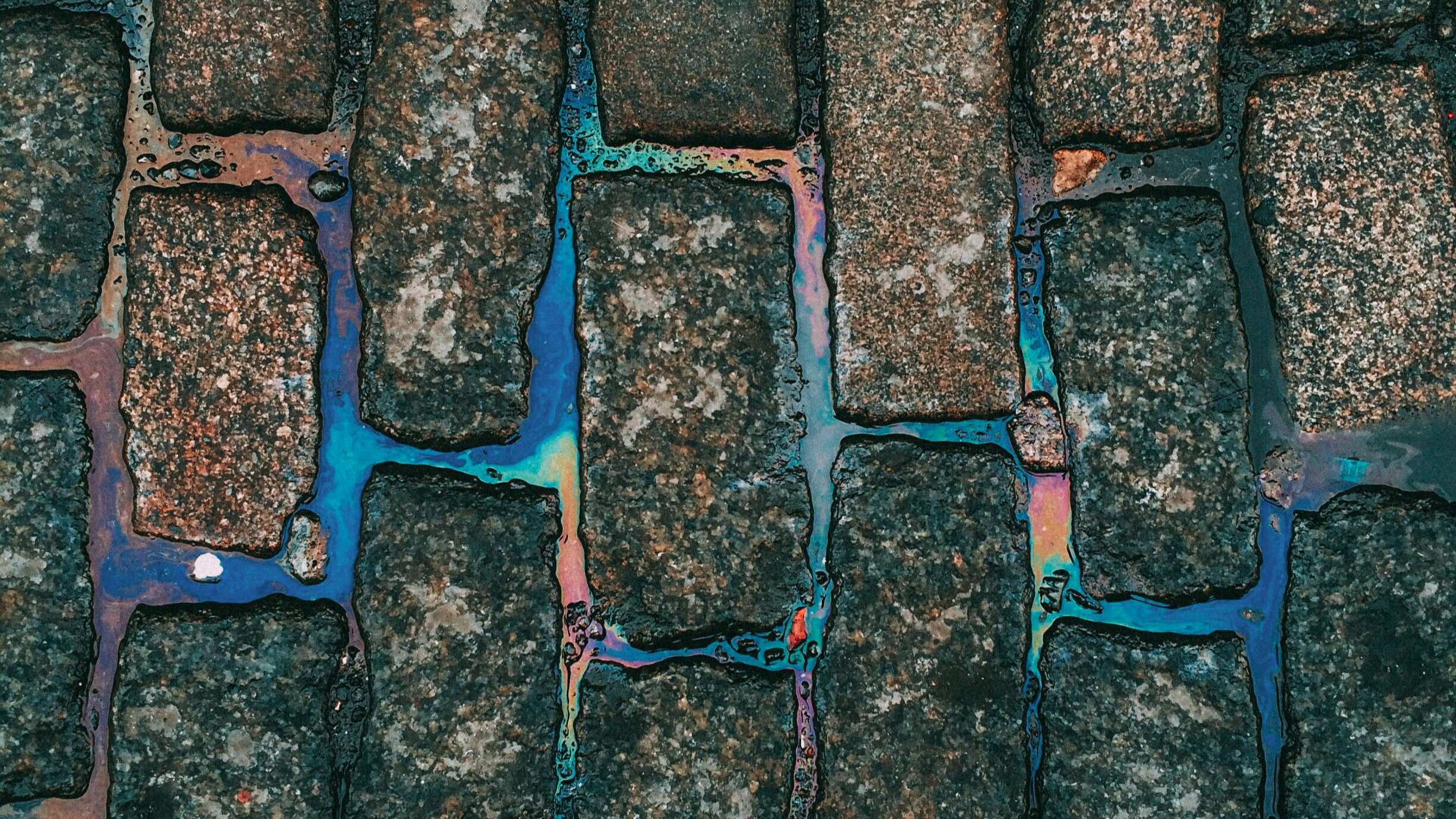Nostalgia (Part 1): These Stones of Memory
Photo by Jonas Denil on Unsplash
I had the opportunity to live in a number of cities in a number of countries in the course of my work and study. I enjoyed each sojourn immensely, but I knew I was only meant to be in each city temporarily. This meant that I always had to mentally prepare myself for this period as a resident of another city to come to an end.
However, each time I came back to Australia after a long period spent in another, I had to face the long and difficult road to transitioning back to the patterns of life in the Australian lifeworld.
Where it gets particularly difficult is when the city left behind has legendary status in the popular imagination. When I got back to Australia after these sojourns, I would spend countless hours longing to be back there (wherever “there” was). The smallest reminder can trigger an almost overwhelming wave of nostalgia.
Those who have had the good fortune to live in another city would probably have experienced something similar. A turn around the corner can suddenly bring us back to an alleyway we saw in Paris. A cup of watery coffee can cause one to complain that, back in Rome, coffee was good plentiful and cheap. An expensive train ride between two drab suburbs can cause us to remember riding inexpensive public transport across a sea of Edwardian houses through Chicago. The possibilities are endless.
At some point during our reminiscing, we were probably told to get over it, usually coupled with some exclamation sounding like “for the last time, stop talking about [insert fond memory here] already”. More constructively, we might be told by family and friends to stop living in the past and live in the now.
We try and yet all the same, that longing to be in the city other than the one we are currently in will continue to gnaw at us. We will continue feeling uneasy in the streets our feet now tread. Worse still, we feel that, somewhere in our nostalgia, we have left a part of ourselves in that city left behind.
We should not be so surprised at this feeling of leaving something of ourselves. Long before we were able to fly to other countries. Plato had already written about the relationship between ourselves and cities. In Book IV of his Symposium, Plato alerted us to the fact that our persons do not stand at arm's length from the cities we live in. Rather cities - and this will include cities we were not born in - were but the infrastructural unfurling of the human soul into concrete. Thus, in our self-recollection, we should not be surprised to yearn for the pieces of ourselves embedded in the stones of the cities we left behind.
In his City of God, Augustine gave a theological spin to this nostalgia. He reminded his readers that as faithful Christians, we live as citizens of two cities. On the one hand there was the earthly city, the City of Man. On the other, there was the heavenly city, the City of God. While they move within the streets of the earthly city, Augustine hinted that the faithfulness of the Christian is also dependent on a kind of nostalgia, a longing for another, heavenly city, even though they have never seen or entered it. The precariousness of the Christian life then, for Augustine, lies in recognising that all life in one place is linked to our longing for another.
At the same time, Augustine also reminded his readers about the fleeting nature of the City of Man. As a temporal reality, the earthly city will go the way of all flesh, and gradually disappear into the sands of time. Whichever city we romance, whether it is the one have left or the one we are living in now, it does not last forever.
In his Practice of Everyday Life, Michel de Certeau wrote that the movement of every resident within a city irreversibly transforms it. Every person that passes through the streets of every city - and we must include ourselves in this - leaves an indelible mark on the city that changes it from what it was. This means that my own moving through the cities that I am romanticising, had already left them in a different state from what I am now remembering them to be.
In other words, we can never go back to the cities that we remember - anyone who has gone back to a city they once lived in can attest to this - and the project of retrieving our romanticised city is a tragically futile act. This realisation might depress those of us longing for the romantic city of the past - reading this thought bubble from de Certeau certainly depressed me.
One comfort we may draw from is that as we live through the drudgery of the City of Man, every step our bodies take is enfolded into the Body of Christ who is, as Augustine said in one of his sermons, “the place we are going to, and the way we are going by”. Each step the Christian takes is not meaningless, but drips with eschatological significance. As Graham Ward hints at in his Cities of God, each day by the grace of God, moves the city towards another, prefiguring in its own pathetic sin-stained way, the city that lies on the other side of the eschaton.
Support Awkward Asian Theologian on Patreon, and help make a change to the theological web.




